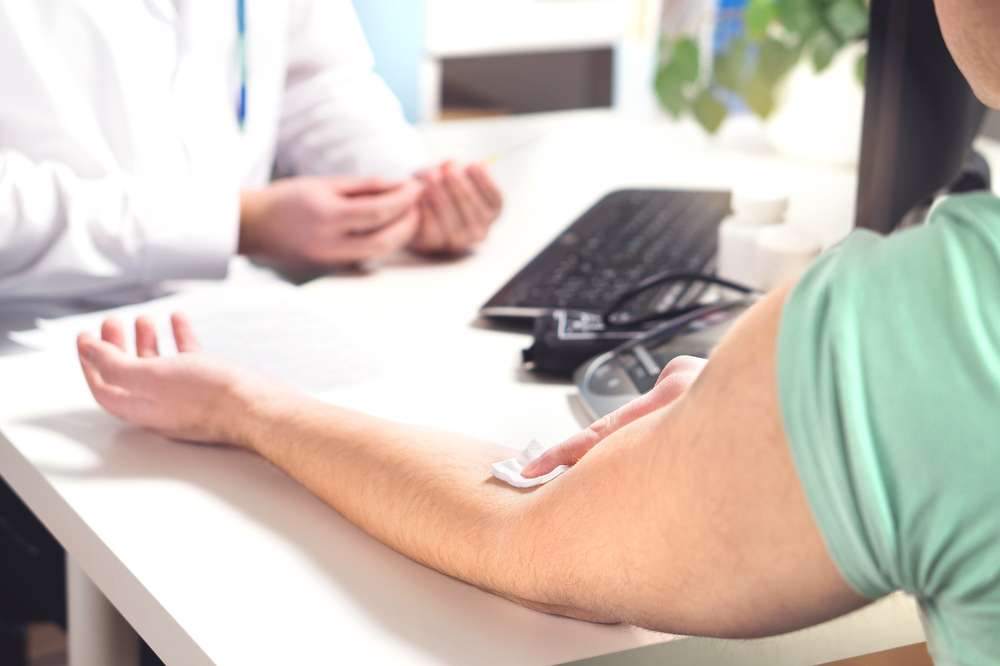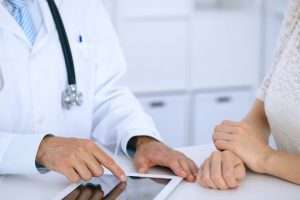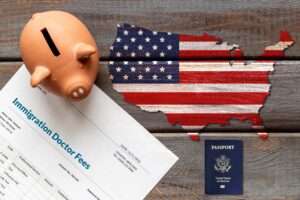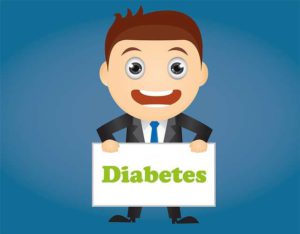STD testing, especially the first time, is overwhelming for everyone. Uncomfortable questions are asked, intimate details are discussed, and urine and blood samples are collected. But with STIs at a record high, these tests could save your life.
With the right doctor and the right facility, you can get tested and treated comfortably. You can be assured that all of your questions and concerns are routine and common for them. Millions of people get common STDs (sexually transmitted diseases) and STIs (sexually transmitted infections). Simply knowing what to expect during your first STD test will help make it quick, painless, and informative.
How to get tested for STDs?
To get tested for STDs, you need to notify your doctor about your concerns. You should be making an appointment at least once a year for a routine check-up. These appointments are important preventative care that can reveal any irregularities in your body and keep you as healthy as possible.
General health check-ups do not always include STD testing. Many STIs need a urine sample as well as specialized tubes for collecting and freezing blood samples. If your doctor collects blood during a general examination, they won’t test for STIs unless you ask for it.
Should I make an appointment or go to a walk-in STD clinic near me?
You should make an appointment rather than walk into an STD clinic near you if you are looking for comprehensive answers about your sexual health. Doing so will give you time to prepare before your appointment and write down your questions. That way, you’ll leave your appointment feeling great about your sexual health.
What does a full STD test include near me?
A full STD test includes testing for HIV type 1 and 2, herpes 1, herpes 2, hepatitis A, hepatitis b, hepatitis C, HPV, gonorrhea, chlamydia, and syphilis. Unlike home kits, these are high-quality tests that are sent to nationally certified labs so false alarms are kept to a minimum.
You can also let your doctor know which tests you are interested in. If you notice risk factors or symptoms associated with a specific STD, you can ask for that test. Or, if a previous partner has a specific STD, you can simply ask for testing for that one.
What happens in STD screenings?
STD screening should be quick, relatively easy, and as painless as possible. Depending on which STIs you hope to be tested for, you may have to complete a few different exams to get specimens, such as urine tests, blood tests, throat, vaginal, cervical, or rectal swabs.
During Testing
During your STD test, your doctor might ask you for a blood sample, where they will draw blood into a vial to be sent to a laboratory for testing. At Statcare, the blood samples are drawn, spun in a centrifuge, and refrigerated on-site if needed.
The Physical Exam
A physical exam may be required, during which your doctor will take a look at your genitals and anus for any sores, rashes, discharge, or other signs of irritation. Other tests include a urine sample, a saliva sample, or a discharge sample. In a discharge test, your doctor will swab from your genitals, anus, or throat to test for STIs.
Waiting for STD results
STD results typically take a day or more, and you’ll likely receive them in your patient portal with Statcare. Typically, these results will not be shared by your doctor over the phone without proper identification of the caller. All results are confidential and many states have confidentiality rules around HIV Test results so you may have to go and pick up the results in person.
Most doctors will encourage you to share the information with your partner when you’re ready and, in some states, it is mandatory for the laboratory to report data to the state to monitor infections and study effective treatments. Whether the tests come back positive or negative, open communication with multiple sex partners ensures that everyone stays healthy.
STD testing and treatment
STD treatment options are immediately presented by your doctor after a positive STD result. In some cases, your doctor may prescribe a medication that will treat your infection. In the event that you have a more serious STD, like Genital Herpes or HIV, there are still ways to treat painful or irritating symptoms. Your doctor might also suggest counseling or other resources help you navigate the news, should you find the results difficult to cope with.
If your STD test comes back negative for infections, it’s still important to talk to your partner. Remember that one negative STD test does not guarantee that you will always be STD-free. Regular testing is necessary for anyone who is sexually active.
How much is an STD test?
How much an STD test costs depends on the type of tests you take. Statcare takes most major insurance and you can click here to make sure your insurance will be accepted at one of our locations before you make your appointment. The plan you’ve chosen for your insurance will determine the copay you are responsible for on the day of your STD testing. Most insurance plans cover STI screening tests.
If you determine that regular STD testing is out of your price range, you can go to the nearest Planned Parenthood clinic or public health care clinics run by the Department of Health as in NY City. You can also do a sliding scale payment plan with the laboratory.











